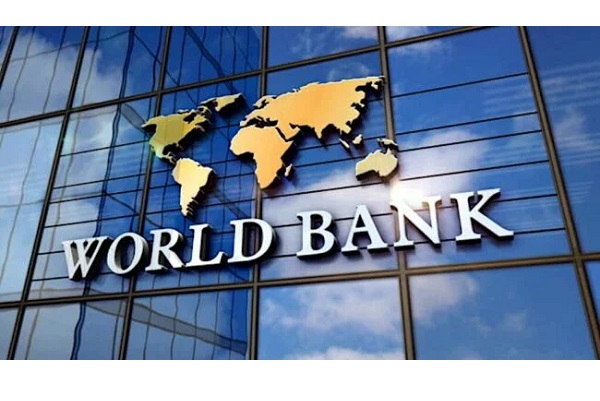
The World Bank has pledged more than $16 billion to 28 ongoing projects in Nigeria
The World Bank has committed more than $16 billion to 28 projects in Nigeria that center on food security, healthcare, education, and infrastructure.
According to the World Bank, more than $16 billion has been allocated to 28 ongoing projects in Nigeria.
The International Bank for Reconstruction and Development (IBRD) and the International Development Association (IDA) have provided concessional financing for the majority of this financial commitment.
These investments are intended to assist Nigeria in addressing its top development priorities, the bank said in a statement released on Saturday.
These include promoting gender inclusion and women’s economic prospects, increasing access to basic amenities like healthcare, education, and power, and enhancing food security through increased agricultural output.
In the meantime, Mr. Ousmane Diagana, the World Bank’s Regional Vice President for Western and Central Africa, is set to travel to Nigeria from April 14–17, 2025, as part of an endeavor to strengthen the organization’s relationship with the country.
The main goals of Diagana’s visit are to further the conversation on Nigeria’s economic recovery, employment growth, and human capital investments.
In order to discuss the strategic partnership between Nigeria and the Bank and to look into other areas of collaboration, he is anticipated to meet with Vice President Kashim Shettima in the Presidential Villa.
Diagana will also consult with a number of cabinet members during the four-day visit, including the Minister of Finance, Wale Edun; the Minister of Budget and Economic Planning, Senator Abubakar Bagudu; the Minister of Power; the Minister of Health; the Minister of Humanitarian Affairs; and the Minister of Communications and Digital Economy.
One of the main topics of these discussions would be how to finance Nigeria’s energy industry. The World Bank chief will thus take part in a meeting with important stakeholders aimed at bolstering financial inflows into the electricity industry and luring private sector involvement.
One of Nigeria’s biggest infrastructural deficiencies, affecting industrialization, job development, and service delivery, is the lack of inexpensive and reliable electricity.
Diagana will receive Governor Uba Sani in the Kashim Ibrahim Government House in Kaduna, in addition to engagements in Abuja.
He will visit World Bank-funded project locations in Kaduna to see developments firsthand and speak with locals and those who would benefit from these interventions.
All Categories
Recent Posts
Tags
+13162306000
zoneyetu@yahoo.com



